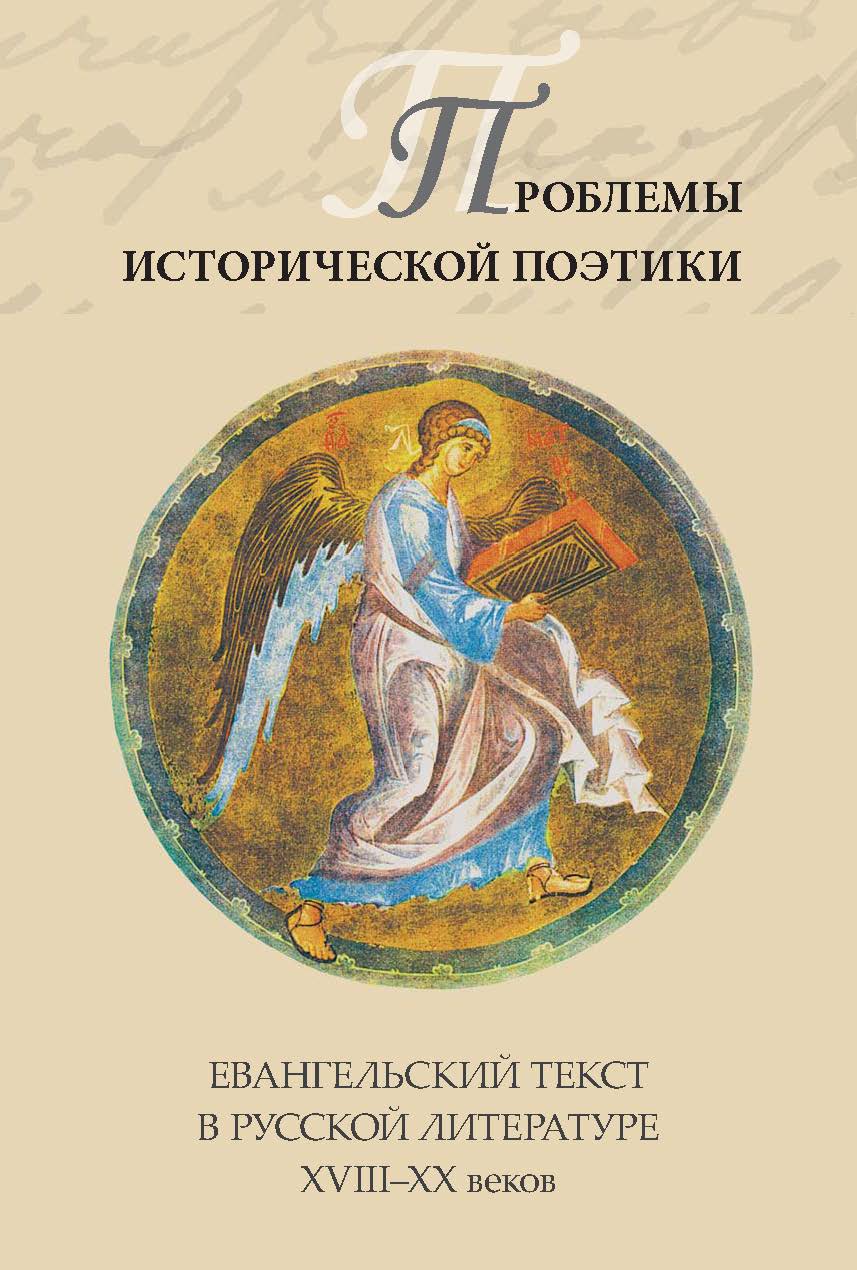ОКНО В МИР ЕВАНГЕЛЬСКИХ ИСТИН: СТИХИЯ РУССКОЙ НАРОДНОЙ РЕЧИ В ПОЭМЕ Н. В. ГОГОЛЯ «МЕРТВЫЕ ДУШИ»
THE WINDOW TO THE WORLD OF THE GOSPEL TRUTH: THE POWER OF RUSSIAN FOLK SPEECH IN NIKOLAI GOGOL'S NOVEL "DEAD SOULS"
Author(s): Vladimir VoropaevSubject(s): Language and Literature Studies, Literary Texts, Studies of Literature, Russian Literature, Philology
Published by: Петрозаводский государственный университет
Keywords: Gospel;poetics; Gogol; proverbs and sayings; parable; folk speech
Summary/Abstract: The article studies the function of Russian folk speech and its evangelical implication in Nikolai Gogol's poetics. Folk proverbs and parables is the key source of national identity in Gogol’s aesthetics, which should inspire all Russian poets. The paper asserts that the proverbial method of generalization is one of the most significant principles of typification in Gogol's novel Dead Souls. The author expresses the essence of this or that phenomenon, a situation or a human type using imaginative pictures and traits of characters. The more generalized form they take, the more they resemble the traditional folk and poetic formulas. The article also reveals the hidden message of a Russian proverb Russians are good at thinking in hindsight (“Russkiy chelovek zadnim umom krepok”). This characteristic of the Russian mind is the one with which Gogol connects the great destiny of Russia. At the end of his first volume the author resorts to the allegorical form of a parable that plays a key role in the perception of the novel. Transforming into the generalized symbol, its characters accumulate the most significant generic features and qualities of Dead Souls’ characters. The grotesque images of Kifa Mokiyevich and Mokiy Kifovich help to look at the characters of the novel from every possible side, not from one side only that shows them as small-minded and worthles people. Gogol’s characters do not possess definitely disgusting and ugly qualities, which should be eliminated for the sake of people's improvement. Sobakevich's powerful physique and pragmatism, Plushkin's thrift, Manilov's meditativeness and cordiality, as well as Nozdryov's valor and energy are not bad qualities at all and do not deserve condemnation. However, all of them as Gogol used to say are carried to extremes and take perverse and exaggerated forms.
Journal: Проблемы исторической поэтики
- Issue Year: 11/2013
- Issue No: 1
- Page Range: 108-120
- Page Count: 12
- Language: English, Russian

